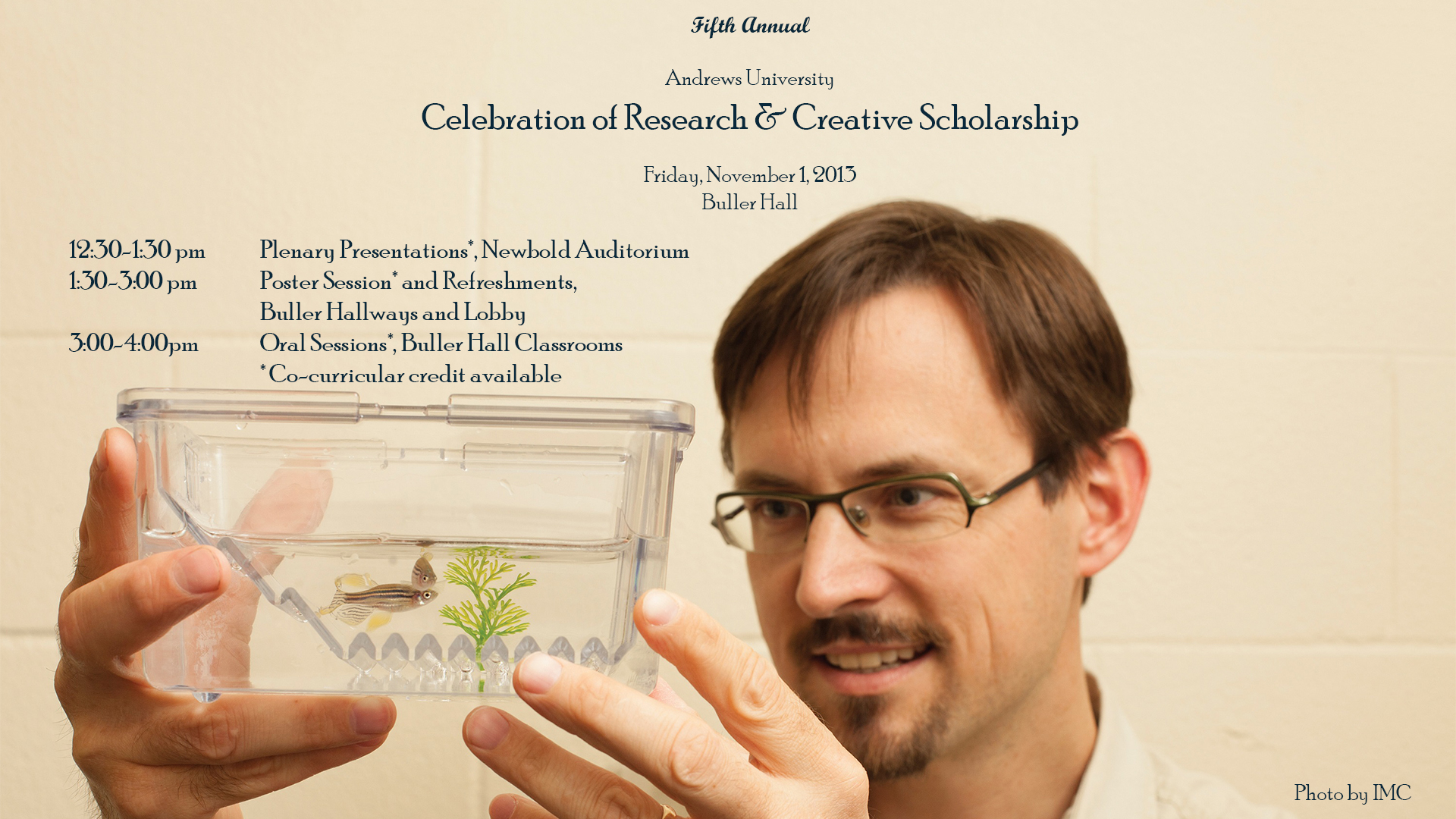P-40 Theory to Practice: A Native-American Experience for BSN Senior Students
Presenter Status
Department of Nursing
Location
Buller Hallway
Start Date
1-11-2013 1:30 PM
End Date
1-11-2013 3:00 PM
Presentation Abstract
For two consecutive years, Senior Nursing students in a BSN program were enrolled in a new nursing mission service class where they were taught about transcultural nursing service and were led by nursing faculty to a Native-American Reservation in Montana where they provided nursing service to 1,000 Native-American children. This pioneer nursing service encouraged students to improve sensitivity, cultural awareness, competence, confidence, learning and leadership skills, teamwork, time management, and health assessment skills. This qualitative study used an evaluation survey, journaling, and observations. The study had a small sample size in the first class (N=13) and a larger sample size in the second class (N=30). Senior nursing students had improved satisfaction in their learning service activities and improved their cultural sensitivity and self-confidence, which enabled them to improve critical thinking and nursing competence. The implications for nursing educational practices is that involvement in a mission service class in a Native-American reservation will students and faculty to use their nursing knowledge and skills, using principles of transcultural nursing, enabling them to improve critical thinking.
P-40 Theory to Practice: A Native-American Experience for BSN Senior Students
Buller Hallway
For two consecutive years, Senior Nursing students in a BSN program were enrolled in a new nursing mission service class where they were taught about transcultural nursing service and were led by nursing faculty to a Native-American Reservation in Montana where they provided nursing service to 1,000 Native-American children. This pioneer nursing service encouraged students to improve sensitivity, cultural awareness, competence, confidence, learning and leadership skills, teamwork, time management, and health assessment skills. This qualitative study used an evaluation survey, journaling, and observations. The study had a small sample size in the first class (N=13) and a larger sample size in the second class (N=30). Senior nursing students had improved satisfaction in their learning service activities and improved their cultural sensitivity and self-confidence, which enabled them to improve critical thinking and nursing competence. The implications for nursing educational practices is that involvement in a mission service class in a Native-American reservation will students and faculty to use their nursing knowledge and skills, using principles of transcultural nursing, enabling them to improve critical thinking.



